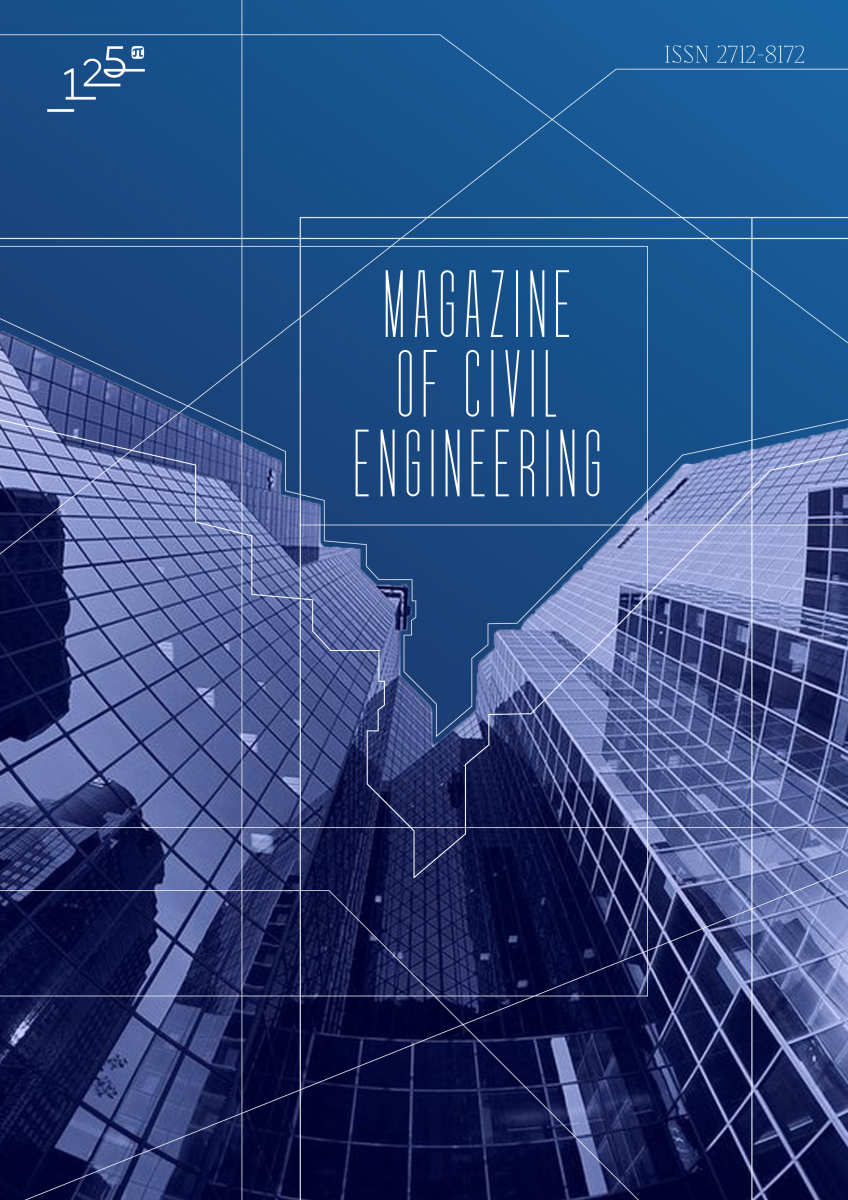Fiber fine-grained concretes with polyfunctional modifying additives
The purpose of the experimental study was to research the efficiency of dispersive reinforcement and modifying of compositions of cement fiber fine-grained concretes with active mineral and chemical additives, and to optimize the developed compositions according to the strength efficiency criteria. Multicriteria optimization of compositions and properties of modified fiber fine-grained concretes is an urgent task in connection with the complexity of their formulations. The experimental study was planned on the basis of a D-optimal plan containing 15 experiments. Upon the experimental results, experimental and statistical models were built to reflect the dependencies of the limit of compressive strength and tensile strength in bending of fiber fine-grained concretes on the type and concentration of modifiers (mix I) and dispersive fibers (mix II). Analysis of study results of saturated D-optimal plan was carried out on triangular diagrams Gibbs-Roseboom, they was built with use polynomial models of "mixture I, mixture II, technology – properties" and allowed to trace influence of 6 to variable factors in two-dimensional space. Optimum fields of variation of fine-grained modified fiber concrete components are identified with use method of experimental-statistical modeling. The efficiency of modifying finegrained concretes with polyacrylonitrile fiber, astralene-modified basalt microfiber as well as with highly active metakaolin has been established. Use of these modifiers in the compositions allowed to obtain cement composites with a wide range of strength characteristics: from 30 to 53 MPa at compression, from 3.7 to 6.6 MPa for bending tensile.


